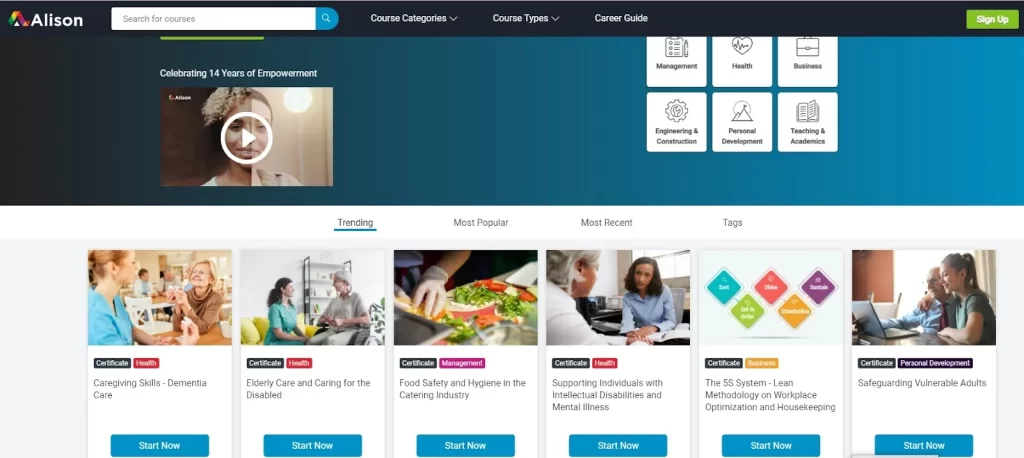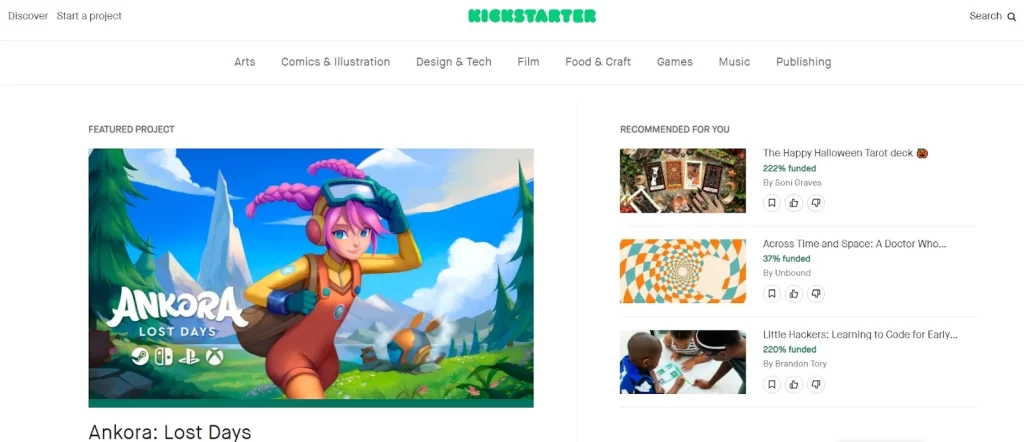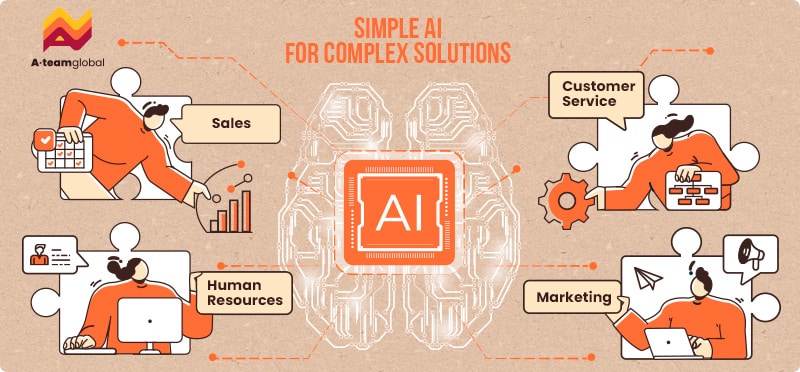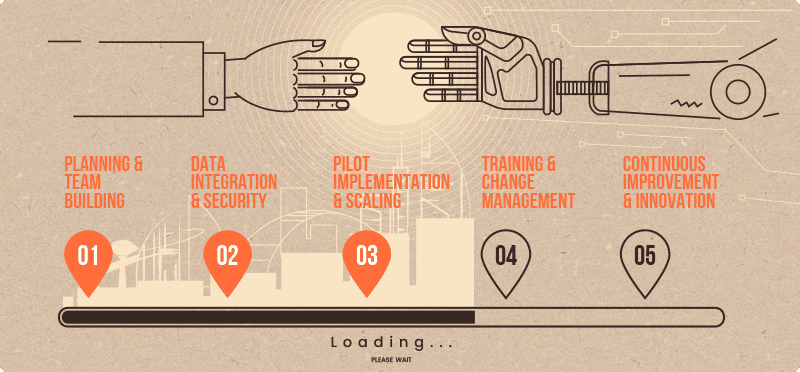Powering the backend of your future app with the right technology is essential because this is the part of the application responsible for trouble-free internal operation, clear logic, and security. The range of backend frameworks is pretty large, so making the mistake with the final choice can be made quite easily. We, at A-Team Global, are sure that reviewing the options from both technical and business perspectives is crucial before deciding on leveraging a certain technology for a specific project.
Laravel vs Rails
Laravel and Ruby on Rails are both backend development frameworks. What’s more, they come with a lot of overlapping features, which makes the final choice challenging. Both technologies are pretty famous in the tech community and used by globally known companies. Nevertheless, according to Stack Overflow, Laravel and Ruby on Rails aren’t the most popular frameworks; still, it doesn’t make them less effective when they are used skillfully within the project that actually needs their technical capabilities.
Let’s find out what makes Laravel and Rails stand out, and draw a clear line between their technical opportunities.

Laravel Overview
Laravel is the most popular PHP framework. But while learning PHP is pretty easy, this isn’t the case with Laravel - most developers say it comes with very extensive documentation that is challenging and time-consuming to research and get to the point. Nevertheless, Laravel is the fastest backend framework, powerful and performant. Below are its pros and cons in more detail.
Pros
Below are the top benefits of Laravel.
- Laravel is pretty stable, efficient, performant, and speedy
- It uses Model-View-Controller (MVC) paradigms paired with dependency injections for making instant changes and easier debugging
- The documentation is extensive, yet mostly clear
- Laravel-powered websites can handle heavy loads
- The development pool is large, which entails a strong supportive community behind
Cons
Also, this technology has some drawbacks.
- Laravel lacks flexibility. That’s why it can be challenging to use it in a project that needs ultimate customization
- Finding ways to use Laravel for a specific project can be challenging as well
Laravel Business Use Cases
Laravel is well-suited for heavy websites with multi-level architecture and significant data load. That’s why this framework is frequently chosen for eCommerce and enterprise development. As one more use case, it can be an option for edTech - for example, Alison online learning platform is developed with Laravel as a part of their technology stack.

A-Team Global Case Studies
A-Team Global has also leveraged Laravel for educational project development. With the help of this framework, we have created a schedule management platform for musician school. With its help, the teachers can schedule lessons, control the attendance and share the success of the pupils with their parents. As one more feature, the platform allows for simplifying the payroll process which becomes more transparent and actual schedule-based.
With the help of Laravel, we have also created a gamified learning website that allows pupils of all ages to learn algebra and geometry in a more engaging form. The platform turned out to be highly interactive and customizable since it allows learners to combine different topics, levels, and gamification modes in a way they find effective and enjoyable for their knowledge development.
Let’s unlock its full potential with our Laravel development services!
Ruby on Rails Overview
Ruby on Rails, or RoR, is one of the oldest technologies still used in backend software development. Being invented in 2004, the framework continues to evolve even despite the drop in popularity. The community of the developers is also pretty solid.
Talking about Ruby on Rails technical features, this is one of the top choices for startup software development since coders may follow the "Convention over configuration" paradigm and "Don’t Repeat Yourself" approach. The first principle stands for the opportunity to devote less time to creating the logic, while the second allows developers to write less code and partially automate the process of certain features development by using third-party tools and libraries.
Pros
RoR comes with a lot of benefits. Here are the most important ones.
- Model-View-Controller (MVC) architecture, which is the classic of web frameworks and is at the heart of their efficiency.
- Security. Ruby on Rails is pretty secure, which makes it a choice for small to medium projects dealing with sensitive data.
- Fast development speed. Coding with Ruby is speedy and enjoyable, and the code written is pretty easy to understand.
- Standardized web development patterns. With Ruby on Rails, developers don’t have to reinvent the wheel since the framework allows them to follow the time-proven backend development practices by default.
- Compatibility with other frameworks. The developers also say that Ruby on Rails can easily be integrated with frontend frameworks like Angular, Vue or React.
Cons
Below are some of the possible pitfalls of Ruby on Rails that are better to keep in mind.
- Lack of flexibility. Ruby on Rails is monolithic enough, and that’s why it isn’t suitable for too “creative” projects with the set of unique features.
- Sometimes the websites created with RoR lack performance and can’t boast of fast loading speed.
- Ruby on Rails gradually loses its popularity, which means it becomes harder to find the right talent.
- Ruby on Rails uses Ruby programming language, which can be challenging to master.
Ruby on Rails Business Use Cases
There are a lot of famous companies using Ruby on Rails, for example, Airbnb, Shopify, Bloomberg, and Kickstarter.

As for Ruby on Rails use cases, this framework is a good choice for startups that need to quickly develop a powerful minimum viable product (MVP) and test it with real users. Ruby on Rails is effective for MVP development as it cuts off the development time and efforts, still allowing to come up with a powerful website without technical gaps. Still, the need to use Ruby on Rails skillfully, plus following the best practices of LEAN and Agile, is essential for creating a validatable Minimum Viable Product your users will be happy to try.
Also, Ruby on Rails can be suitable for eCommerce websites development because there are a lot of libraries and integrations the developers can efficiently make use of. Because of the enhanced security, RoR also becomes a good choice for creating SaaS products.
Ruby on Rails vs Laravel - Which One Wins
Below is the Ruby on Rails vs Laravel comparison chart.
| Laravel | Ruby on Rails | |
| Created by | Taylor Otwell | David Heinemeier Hansson |
| Technology | Framework | Framework |
| Programming language | PHP | Ruby |
| App type | Web apps | Web apps |
| Development speed | Fast | Fast |
| Development time | Short | Short |
| Development cost | Affordable | Affordable |
| Tools and kits | There are not too many extensions and third-party tools, and configuring them for a large website can be difficult | Ruby on Rails comes with a lot of tools and libraries |
| Learning curve | Seamless | It can be easy to learn Ruby programming language but it takes a lot of time to unlock its full potential |
So, if we compare Ruby on Rails vs PHP Laravel, then most of their characteristics are pretty similar. Both tools are good for creating a powerful MVP; both of them contribute to a fast, effective, and mistakes-free development process. Rails and Laravel are similar when it comes to their use cases as well, since both frameworks are good for eCommerce development.
But as for the difference between Laravel and Ruby on Rails use cases, Laravel is better suitable for large projects that are projected to withstand high loads, while Ruby on Rails can be a better choice for small to medium companies. In contrast to Laravel, Ruby on Rails comes with more third-party tools to use, which significantly facilitates the development process.
Conclusion
Comparing the technical opportunities of Laravel and Rails is the first step towards making the right choice for your project. But given the fact that most features of both frameworks come with great overlap, and their use cases are pretty similar, it also makes sense to compare PHP and Ruby programming languages first.
Then, it would be necessary to research the talent pool and find the development team able to help you with any of them. A-Team Global programmers are pretty skilled with both of the technologies, so you are welcome to contact us and discuss your project specifics. Our practical experience and technical vision will be helpful for making a perfect match between your project, the technology to power it, and the necessary talents to bring your solution to life.
you may also want to read

Leveraging Local LLMs and Secure Environments to Protect Sensitive Information
In the rapidly evolving digital landscape, businesses are increasingly adopting Generative AI (GenAI) technologies to stay competitive and innovate. Large...

Boost Efficiency Today: Easy AI Integration for Immediate Results
In the past, the idea of integrating artificial intelligence into your business might have felt like venturing into uncharted territory—complex,...

A Roadmap to Gen AI Adoption for Small and Medium Businesses
Unlock new opportunities by integrating Generative AI into your business operations. In today’s fast-paced digital landscape, small and medium businesses...
